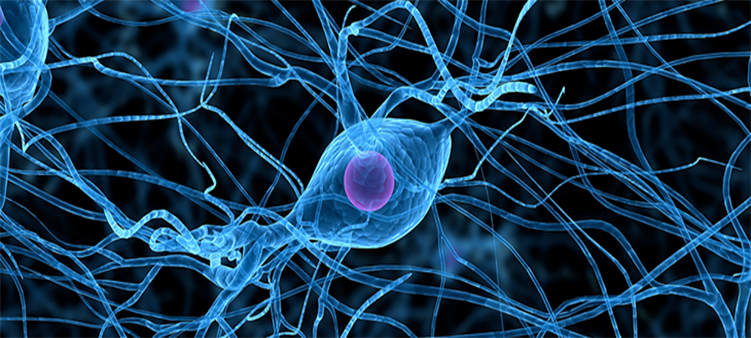
Peripheral neuropathy, a result of nerve damage, often causes numbness and pain in your hands and feet. People typically describe the pain of peripheral neuropathy as tingling or burning, while they may compare the loss of sensation to the feeling of wearing a thin stocking or glove. Peripheral neuropathy can result from problems such as traumatic injuries, infections, metabolic problems and exposure to toxins. One of the most common causes is diabetes. In many cases, peripheral neuropathy symptoms improve with time — especially if the condition is caused by an underlying condition that can be treated. A number of medications often are used to reduce the painful symptoms of peripheral neuropathy.
The nerves of your peripheral nervous system
send information from your brain and spinal cord (central nervous
system) to all other parts of your body and back again. Nerves that may
be affected by peripheral neuropathy include:
* Sensory nerves that receive sensations
such as heat, pain or touch
* Motor nerves that control how your
muscles move
* Autonomic nerves that control functions
such as blood pressure, heart rate, digestion and bladder
function
Most commonly, peripheral neuropathy starts in the longest nerves —
the ones that reach to your toes. Symptoms vary, depending on which
types of nerves are affected. Signs and symptoms may include:
* Gradual onset of numbness and tingling
in your feet or hands, which may spread upward into your legs and
arms
* Burning pain
* Sharp, jabbing or electric-like pain
* Extreme sensitivity to touch, even light
touch
* Lack of coordination
* Muscle weakness or paralysis if motor
nerves are affected
* Bowel or bladder problems if autonomic
nerves are affected
Peripheral neuropathy may affect one nerve (mononeuropathy), two or more
nerves in different areas (multiple mononeuropathy) or many nerves
(polyneuropathy).The nerves of your peripheral nervous system send
information from your brain and spinal cord (central nervous system) to
all other parts of your body and back again. Nerves that may be affected
by peripheral neuropathy include:
* Sensory nerves that receive sensations
such as heat, pain or touch
* Motor nerves that control how your
muscles move
* Autonomic nerves that control functions
such as blood pressure, heart rate, digestion and bladder
function
Most commonly, peripheral neuropathy starts in the longest nerves —
the ones that reach to your toes. Symptoms vary, depending on which
types of nerves are affected. Signs and symptoms may include:
* Gradual onset of numbness and tingling
in your feet or hands, which may spread upward into your legs and
arms
* Burning pain
* Sharp, jabbing or electric-like pain
* Extreme sensitivity to touch, even light
touch
* Lack of coordination
* Muscle weakness or paralysis if motor
nerves are affected
* Bowel or bladder problems if autonomic
nerves are affected
Peripheral neuropathy may affect one nerve (mononeuropathy), two or more
nerves in different areas (multiple mononeuropathy) or many nerves
(polyneuropathy).
*Diabetes, especially if your sugar
levels are poorly controlled
* Alcohol abuse
* Vitamin deficiencies, particularly B
vitamins
* Infections, such as Lyme disease,
shingles (varicella-zoster), Epstein-Barr, hepatitis C and
HIV/AIDS
* Autoimmune diseases, such as
rheumatoid arthritis and lupus, in which your immune system attacks
your own tissues
* Kidney, liver or thyroid
disorders
* Exposure to toxins
* Repetitive physical stress, possibly
from occupational activities